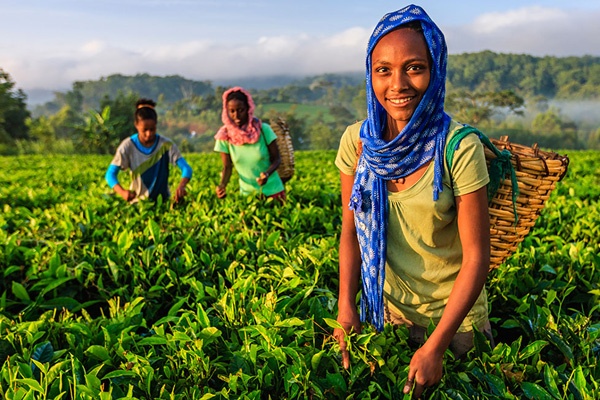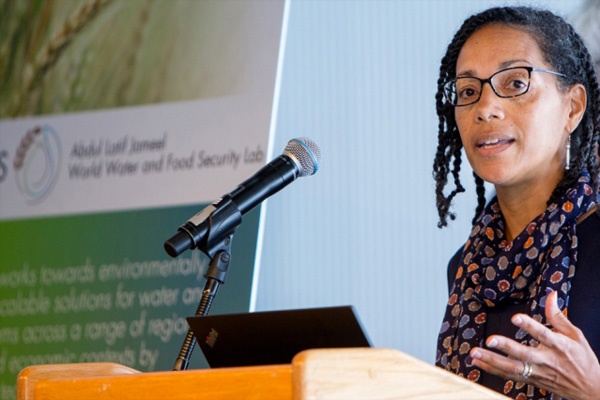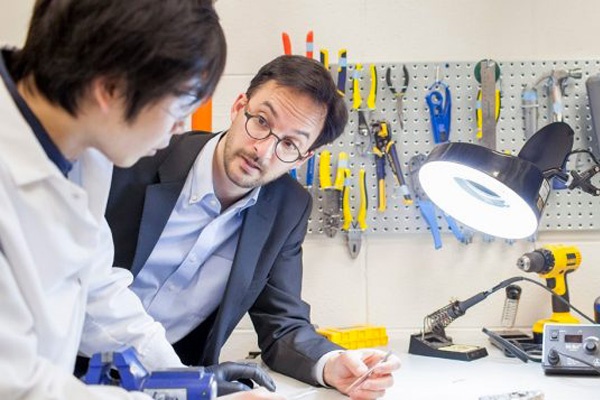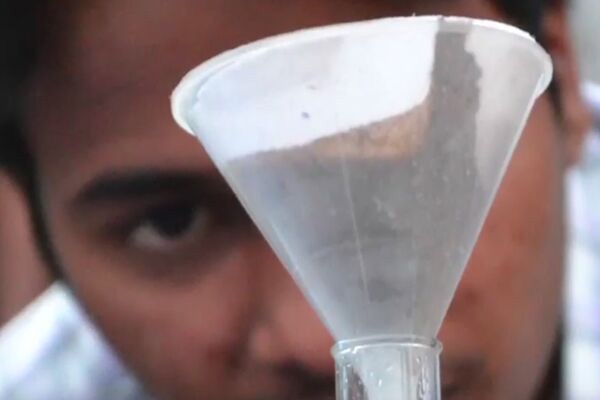Our Research Affordable potassium fertilizer from K feldspar for Africa
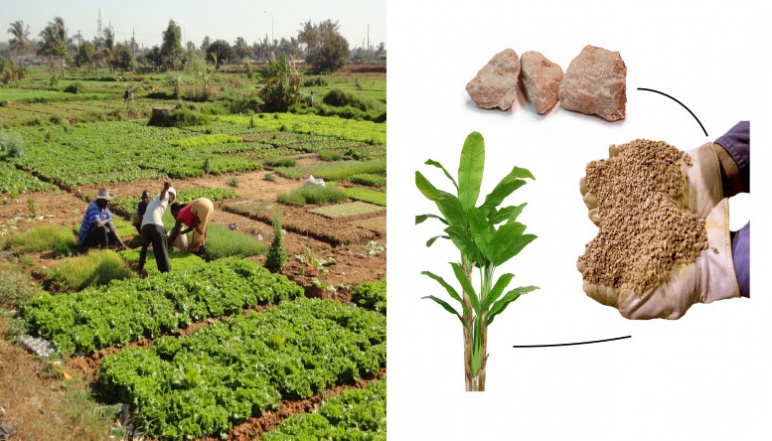
Image credit: iStock Images
Principal Investigator
Antoine Allanore
- Thomas B. King Professor of Metallurgy
- Department of Materials Science and Engineering
Prof. Antoine Allanore has more than a decade of experience in the field of chemical metallurgy. Since 2004, as R&D engineer at ArcelorMittal in France, then at MIT since 2010, he has developed several alternative processes for metal extraction that adopt green chemistry principles. He co-founded Boston Electrometallurgical Corporation (BEMC) to engineer the large-scale development of one of such approaches. In 2012, he was appointed the T.B. King Assistant Professor of Metallurgy in the Department of Materials Science & Engineering at MIT, where his research group aims at developing sustainable materials extraction and manufacturing processes.
Challenge:
Can a fertilizer be developed that is locally-sourced and meets the needs of southern hemispheric soils?
Research Strategy
- Extract potassium from K Feldspar
- Understand fertilizer interaction with varied soil compositions
- Design feldspar-derived potassium fertilizer varieties
- Engineerfertilizer varieties to meet varied soil conditions
Project description
In agriculture, the most widely used compound for potassium fertilization is KCl (potassium chloride). Combined together, Canada, Russia and Belarus account for more than 85% of the total production of KCl. Therefore, while cheap and easily available in the northern hemisphere, supplies of KCl in the Global South can be expensive and/or scarce, mainly due to the logistics required for North-South transportation. Additionally, KCl is not necessarily the right product for all the soils of the world, which exhibit remarkably different properties and fertility depending on geological history and age. As an example, in tropical soils the high solubility of KCl results in non-negligible leaching losses and low residual effect, meaning that the poorest farmers need to pay a prohibitive price for a product that does not benefit their soils. Here, the research team is testing a novel potassium fertilizer derived by hydrothermal processing of K feldspar in presence of CaO. The proposed research is leading to both the characterization of the hydrothermal material and the evaluation of its potential as a potassium fertilizer for tropical soils alternative to KCl. The availability of starting resources and a preliminary cost model reveal the opportunity to positively impact low-yield, tropical agriculture of the African continent.
Outcomes
- Formed collaborations with researchers from University of Massachusetts Amherst and Newcastle University
- Completed two rounds of agronomic testing on tomatoes grown with K-feldspar fertilizer
- Published the results of first round of agronomic tests that indicate the benefits of using hydrothermally altered K-feldspar as fertilizer in collaboration with UMass Amherst
- Progressed in designing a techno-economic model of fertilizers in Africa
Publications
Fertilizing properties of potassium feldspar altered hydrothermally
Davide Ciceri, Thomas C. Close, Allen V. Barker, and Antoine Allanore, Agronomy Journal, 2019
Local Fertilizers to achieve food self-sufficiency in Africa
Davide Ciceri and Antoine Allanore, Science of the Total Environment, 2019
News
Additional Details
Impact Areas
- Food
Research Themes
- Soil Fertility & Crop Productivity
Year Funded
- 2017
Grant Type
- Seed Grant
Status
- Completed

